You’ve probably heard of the Dutch nitrogen crisis and understood that something major is changing in Dutch agriculture. Or is it the economy? Or the environment? Or… what’s it all about, really?
Blocked roads, empty supermarket shelves, and hay bales set on fire in the centre of The Hague — the Dutch strategy for tackling the dire nitrogen situation and the resulting farmers’ protests has caused quite a bit of drama.
Here’s all you need to know about the nitrogen crisis in the Netherlands, and how the Dutch government is working on tackling it.
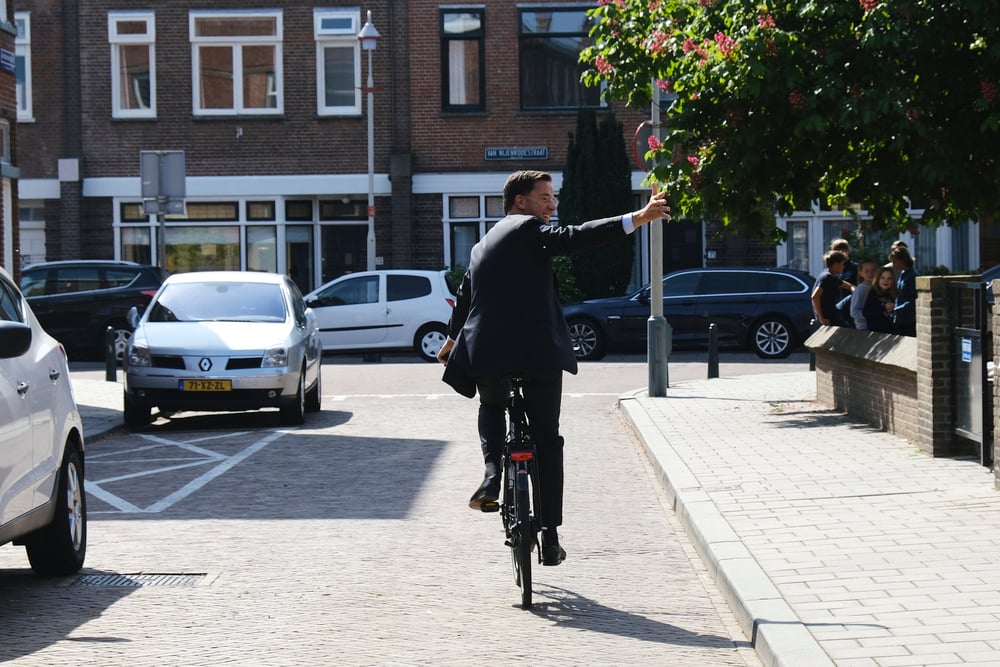
A quick summary of the Dutch nitrogen crisis
The thing is, the Netherlands is one of the largest greenhouse gas emitters in the European Union, and it has one of the highest nitrogen balances in the region. In fact, this little land has a nitrogen balance of nearly twice the European average.
In this case, nitrogen balance refers to the ratio between nitrogen added into an agricultural system, and the nitrogen removed from the agricultural system, per hectare of the land in question.
And this isn’t good for the environment, or us
Too much of the nitrogen compounds ammonia and NOx is harmful to the environment, as they lead to acidification, pollute the soil, and disturb the natural balance in the ecosystem by interfering with the biodiversity of plants and animals.
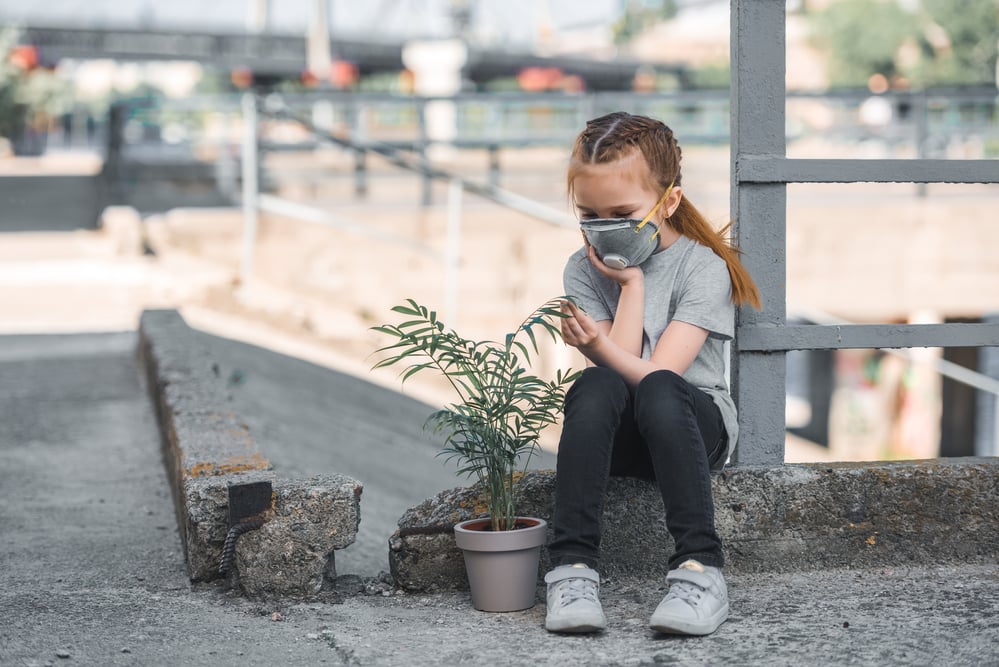
On top of this, excess amounts of ammonia and NOx (commonly just referred to as “nitrogen”) can also be harmful to humans in a more direct sense, as it pollutes the air.
The Dutch government decided it’s time to reduce
As the Netherlands has committed to protecting the so-called Natura 2000 areas within its territory, it’s obliged by the EU to limit its emissions of nitrogen to an acceptable level.
Natura 2000 is a network of nature reserves in Europe. The protected areas function as a safe haven for threatened species and habitats, where human activity is prohibited. The Netherlands has over 160 Natura 2000 areas within its state borders, which (perhaps surprisingly) is not a lot, relative to many other countries.
By 2030, the Dutch government wants to (and has to) reduce the country’s nitrogen emissions by 50%.
This will hopefully contribute to curbing the dangerous effects of climate change, and promote healthy and sustainable biodiversity in Dutch nature.
The result? Dutch farmers are upset
The reason why Dutch farmers aren’t too happy about this is simple. Almost half of all nitrogen emissions in the Netherlands stem from agriculture.
In other words, slashing nitrogen emissions means significant changes are needed on Dutch farms — and if they’re not willing to adapt, their businesses will suffer.
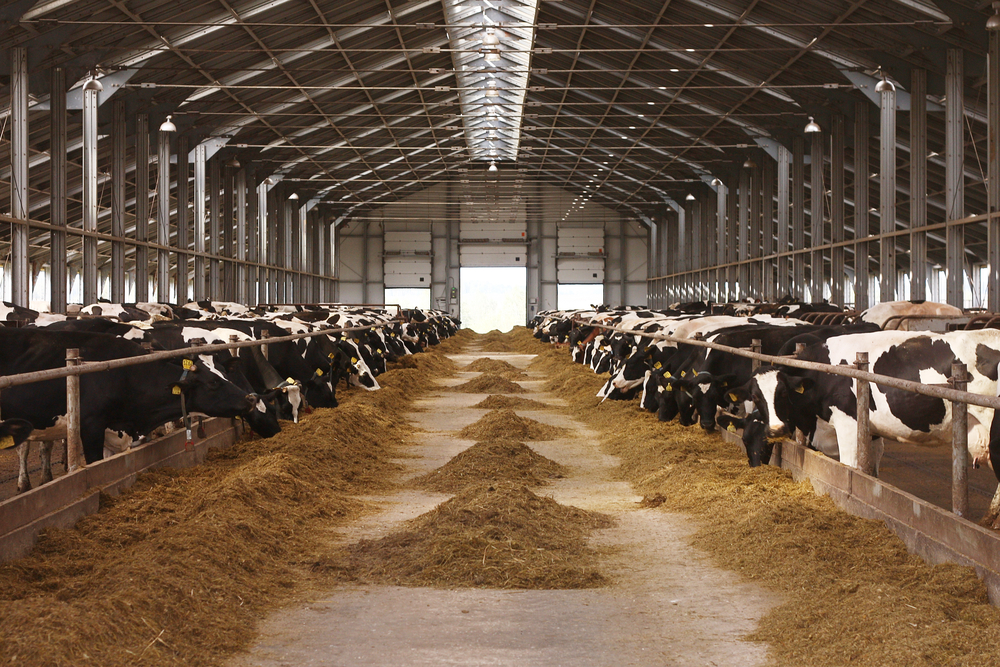
The Dutch government’s strategy to tackle the nitrogen crisis
After decades of insufficient policies to tackle the Dutch nitrogen problem, a drastic and comprehensive strategy has been developed out of pure necessity. A strategy worth a baffling €24.3 billion, in fact.
READ MORE | Farming for the future: why the Netherlands is the second largest food exporter in the world
As permits are paused, awaiting clarity on the implementation of the new measures, farms are refused expansion, building projects are stopped, and the construction of new roads is denied the green light.
In fact, the government’s nitrogen plans will cost Dutch farms, construction companies, and others, around €14 billion.
Main sectors affected by the new nitrogen policies
Since it’s no secret that today’s large-scale industrialised farming is based on unsustainable practices, the Dutch government is hard at work targeting the agricultural sector.
However, there are also several other sectors hard hit by the new strategy, such as construction, and transportation.
Agriculture and the Dutch nitrogen strategy
A large portion of the nitrogen management strategy for agriculture is based on the proper management of livestock manure, but there are tons of other areas for improvement too.
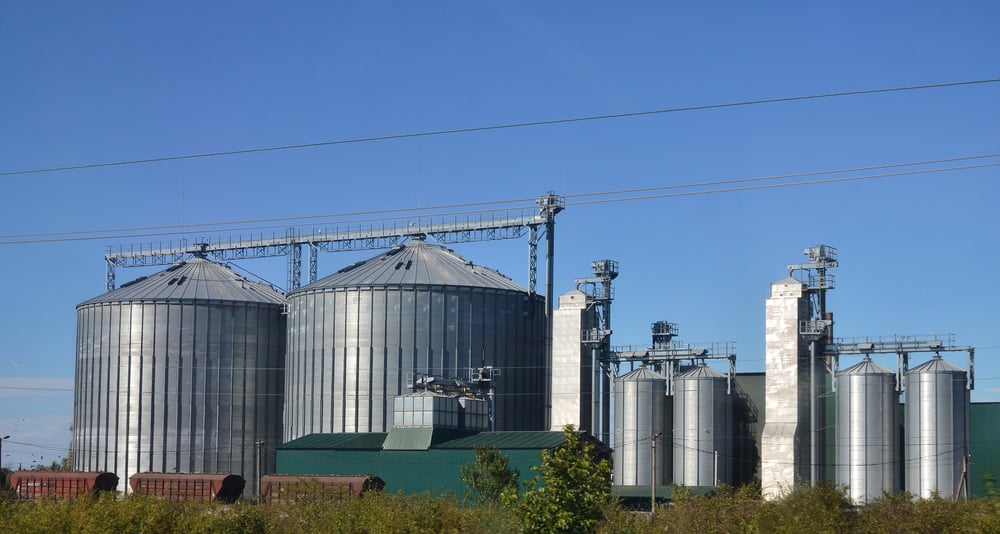
In other words, several changes in barn structure and organisation must be made on Dutch farms. For example, the level of protein in animal feed must gradually be reduced, livestock must spend more time outdoors, and that manure needs to be diluted, to limit its impact on soil and air.
READ MORE | If everyone in the world went vegan it would solve world hunger: Dutch research
More generally, Dutch farmers will have to invest in fresh, sustainable agriculture solutions, cut down production significantly, and/or simply quit farming altogether.
If you think all this sounds like it’ll be time-consuming, expensive, and/or fatal for Dutch farmers’ businesses, it’s because it will be.
Construction, transport, and the nitrogen strategy
The construction sector has also been heavily hit by the nitrogen strategy, placing thousands of building projects either on hold or at risk of being scrapped completely.
Going forward, the construction industry will, to an increasing extent, be required to update its equipment, and invest in sustainable alternatives. A subsidy to aid this transition has been established, to make both climate-friendly equipment and building materials more accessible.
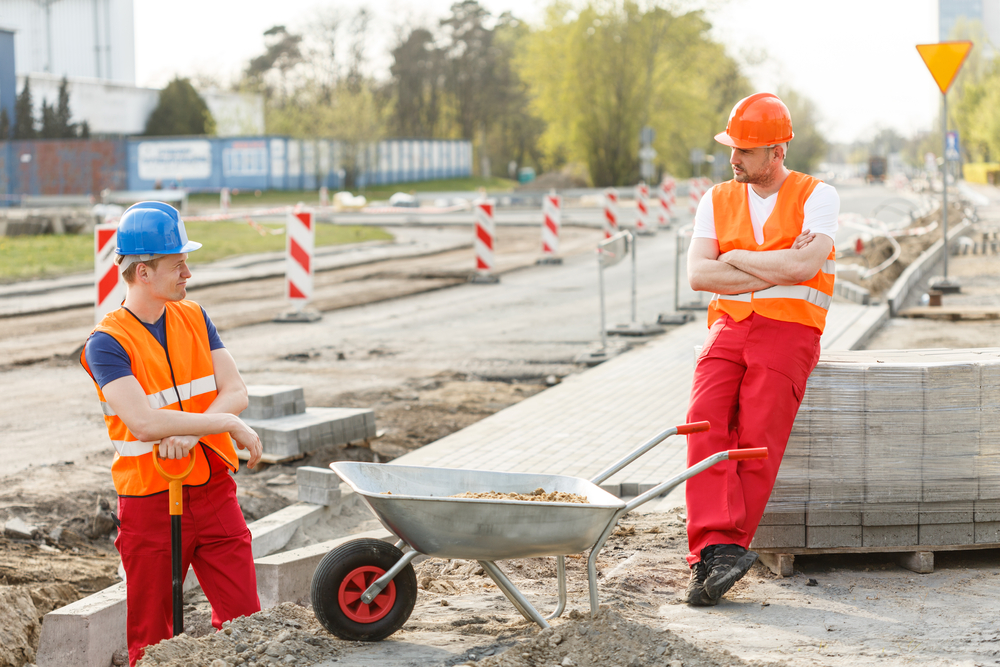
Transportation is another sector in the spotlight of the Dutch government’s nitrogen policy. The industry will have to adapt to new standards for fuel efficiency, electrification, and road expansion.
On top of this, specific initiatives are already in place to limit the nitrogen emissions in the transport sector, such as stricter speed limits on highways, and electrification changes at major Dutch airports.
Why are farmers protesting in the Netherlands?
Although other sectors also have to make changes to help curb the nitrogen crisis, the agriculture industry faces some of the biggest major changes.
Even though plans and promises to invest in sustainable solutions for the future of agriculture are important, it won’t be enough to slash nitrogen emissions to the extent that the Dutch government wants (needs) to.
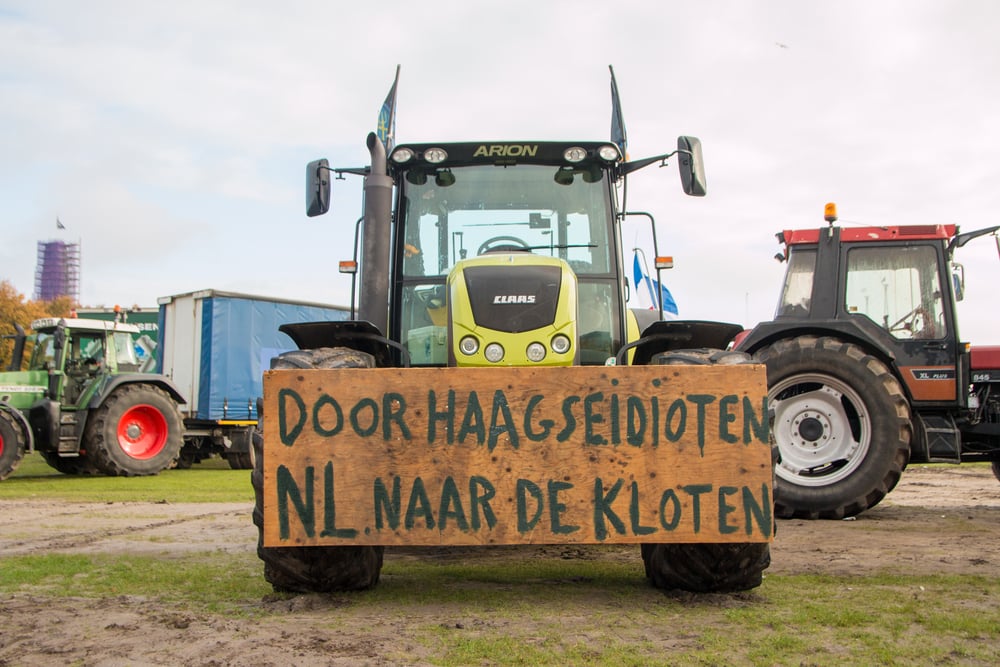
The truth is simple: the entire agriculture sector will have to shrink — quite drastically. More specifically, the Dutch livestock herd will likely have to be reduced by one-third if the Dutch want to have a chance of reaching their emissions goal.
According to some estimates, such drastic shrinkage will lead to as many as 11,200 farms being forced to close down. As part of this drastic change, the Dutch government is planning to buy out farmers as a measure to reduce emissions.
Theoretically, farmers will only be bought out voluntarily, but the government and mediator Remkes (more on him later) have not ruled out buying out farms by force, if that’s what’s needed to reach the goals.
So, a hefty government budget is set aside for the costly affair it is to buy up Dutch farms. The Netherlands is big on agriculture and livestock, making many Dutch farms large companies with millions to their name.
So, why are the farmers protesting, if they stand to receive millions for closing the farm? Well, a chunk of the anger stems from the fact that the government knew about the nitrogen issue for a long time, but never brought it up on a legal level. Additionally, there’s a general sense of distrust of the political elite in The Hague dominating the farmer population of the Netherlands — which naturally does not help the government’s attempts at taking over Dutch farms.
More specifically, many farmers are hesitant to sell because they recently invested heavily in expanding the scope of their operations, often upon advice from public officials. Further, many farms have been with the same family for decades (if not centuries), bringing with it a strong tradition of transferring the operation of the farm from generation to generation. Disturbing this tradition is not a popular move among most farmers.
Disruptions caused by the Dutch farmers’ protests
Needless to say, many Dutch farmers are less than amused by the new reality. The past years have seen massive protests from folks who feel that their livelihood is being snatched away.
READ MORE | Dutch farmers set fires, block ambulances, and march on The Hague
The protesters have obstructed traffic in and out of major cities with tractors, causing intense traffic jams, blocking everything from everyday commuters to ambulances on emergency alert.
They have also blocked food distribution centres, resulting in empty supermarket shelves across the country.
Main highways across the country have also been decorated with hay bails and manure lit on fire — quite the sight on your way to work.
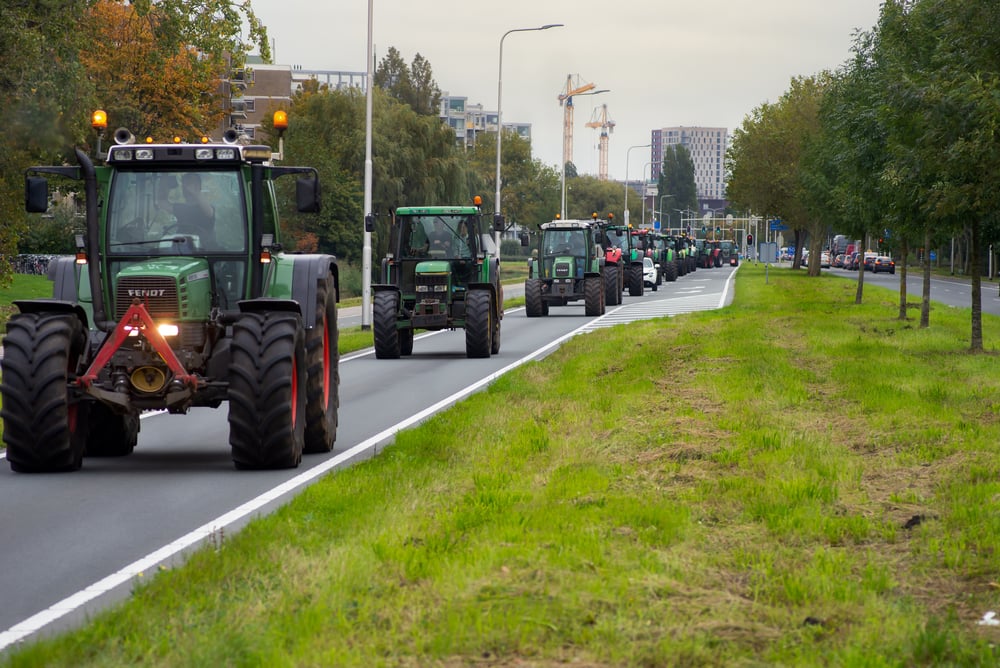
The classic protest site, Malieveld in The Hague, has been filled to the brim with angry farmers multiple times. Upside-down Dutch flags hang from houses as a symbol of opposition against the government’s policy decisions.
More recently, authorities in The Hague implemented an emergency ordinance to limit farmers from disrupting peace and order during Prinsjesdag (Budget Day).
As a result, four tractors were confiscated by police, but that was about the extent of the drama during Budget Day 2022.
READ MORE | It’s officially Prinsjesdag (Prince’s day) 2022: here’s what went down today
The Dutch farmers’ protests have also gained international attention, notably from the far-right community in the US. Former President, Donald Trump, and political commentator Tucker Carlson are among those who have shown support for Dutch farmers.
Recent developments: Remkes’ new report
Johan Remkes is the appointed mediator on behalf of the government, guiding talks with Dutch farmers. He recently came out with a new report, placing more focus on so-called “peak-polluters”, and creating more flexibility for the 50% by 2030 goal.
The latter was intended to give farmers some peace of mind (although it is questionable how successful this attempt has been).
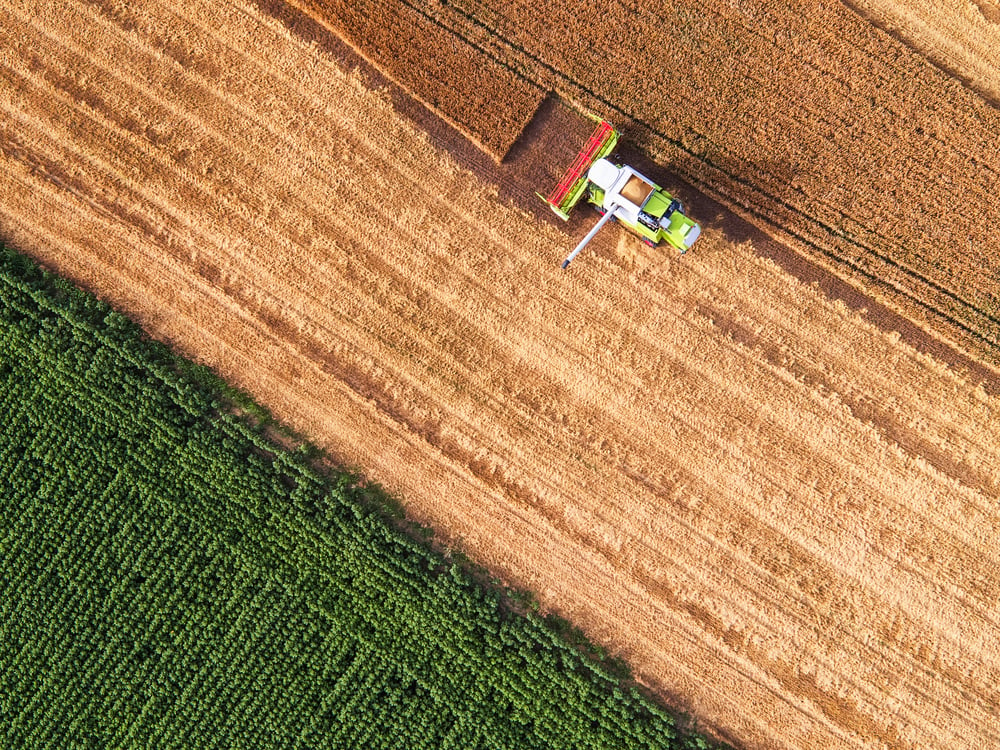
Specifically, deviations from the sharp 2030 deadline can be granted if companies have already managed to realise “a large part of the objective”, but still need a bit more time to complete their goals. However, this won’t be a relevant issue until toward the end of the 2020s.
Extra measures for tackling the climate crisis in the Netherlands
The Dutch nitrogen crisis is a very real problem at the moment, after years (if not decades) of failed policies.
Under pressure from its own commitments, global sustainability agreements, and tension from most corners of society, the time has come for drastic and rapid action. The Dutch government has (at long last) gone ahead with several sustainability projects.
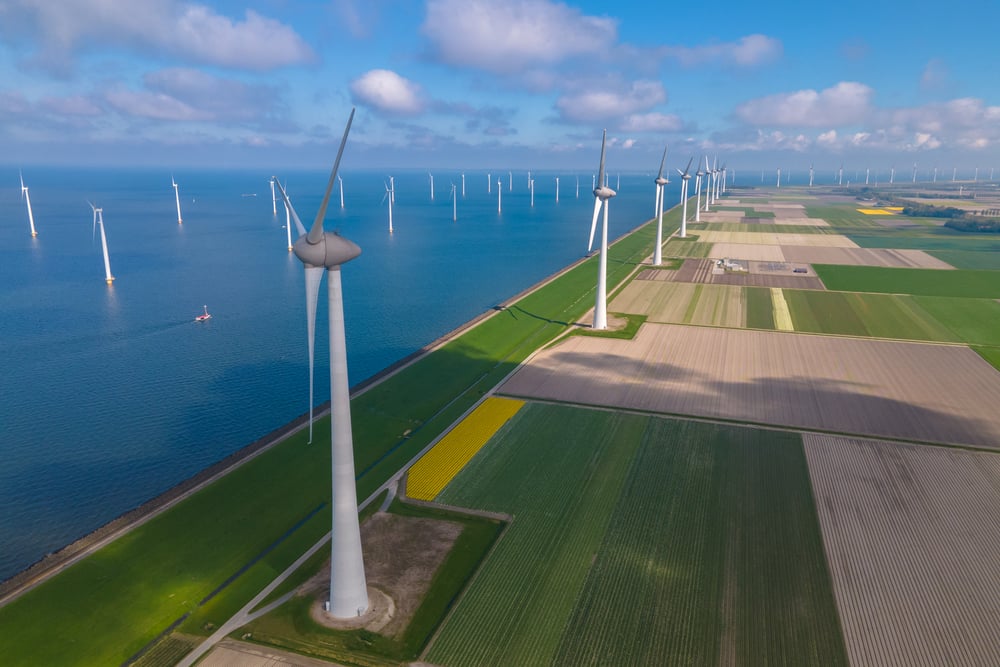
Examples include extensive sustainable agriculture subsidies, a great mission to boost renewable energy production and consumption, and large-scale efforts to greenify Amsterdam airport, Schiphol.
That being said, a lot is yet to be done if the Netherlands wants to reach its climate goals and stick to its nitrogen-reducing commitments.
The Dutch farmers represent a significant opposition to the sweeping policy needed to kick the Netherlands towards a greener future, and it remains to be seen which side of the battle will remain victorious.
What do you think about the Dutch strategy to tackle the nitrogen crisis? Tell us your thoughts in the comments below!

It’s time for the people of the Netherlands to rise up and revolt against the government and the nutty idea that nitrogen and CO2 cause climate change. It’s not proven and maa as my scientists will show you exactly that. Just look on YouTube for these presentations by scientists and professors from universities that have studied climate change.
Why don’t the government use the money that they would buy the farms with use that money to help them become sustainable why lose the farm cut down production and see if that works and if that doesn’t work they’ll still have the farm to beef up production
How can we help them find a solution that doesn’t require them to downsize instead of expecting them to simply reduce their production and then cause food shortages or cost increases that just hurt the poor. If we find a solution for them, we can use these solutions beyond this part of the world.
This appears to be a war waged by activists who have taken over governments and made them attack their own people. Using fraudulent ‘science’ as a justification.
Humans are a strange people…
When the farmers are gone where will your food come from?
Bottom line, farmers are sitting on land that the Government wants for housing.
So, they are gonna take it and use Nitrogen/ climate as an excuse.
Its the new Fascism based on a climate hoax. Anyone seen Avatar?
This is a Global Supply & Demand issue plus a Moral /Ethical issue:
The Dutch farmers are producing and exporting food products that Dutch and foreign people need, so they are satisfying a global demand for their product, as food is a global issue.
So if the Dutch farmers produce less food, and the global demand for their products remains the same (or even increase ) , then other countries will grow to satisfy that demand, that will result in exporting the Dutch nitrogen emissions to other countries , but with NO global decrease in emissions.
The negative consequences of this policy are clear:
-The global demand for food will not decrease ( in fact it will increase with population growth and by escaping poverty)
-The resultant global nitrogen emissions will Not decrease,
-The Dutch have the most efficient and clean food production system, so improve it, not kill it.
-Decreasing the farmer industry will result in loss of employment for thousand of Dutch workers in farming and its huge related industry.
-The Dutch GDP will decrease with loss of production , and will decrease government revenue, the country will get poorer
-The Dutch demand for food will Not decrease, but its pricing will increase , due to imports , so they will see inflation in food cost.
-So for the Dutch there is a double negative impact .
a) The whole country will get poorer by producing less
b) The Dutch population will pay more for food ( inflation)
-The balanced solution is keep the Dutch farmers and work with with them in Innovation, so do not export their emissions , that in itself is not ethical either. NL morally should not export their problems, but work hard to solve them .
“So if the Dutch farmers produce less food, and the global demand for their products remains the same (or even increase ) , then other countries will grow to satisfy that demand, that will result in exporting the Dutch nitrogen emissions to other countries , but with NO global decrease in emissions.”
You are understating the result of curtailing Dutch agricultural production.
The Dutch farmers are the most innovative and efficient. If other nations must must make up for the decrease in Dutch Production, not only will nitrogen emissions not decrease, they would in all probability INCREASE.
When assaying emissions, it is absurd to restrict the assay to single nations. One must take into account the emissions from other nations that are prevented. If this is supposed to be global, every aspect must be seen in tems of global effecs, not national.
This is a land grab. And Rutte is a WEFer. When your prime minister is working for a nation/ organization other than his own, and to the detriment of his own nation… well, there’s a word for that.
It s a Supply & Demand issue plus a Moral /Ethical issue
If the Dutch farmers produce less food , then other countries will grow to satisfy the global demand for food that will not decrease and will even
due to population growth and escaping poverty.
By exporting such production, the Dutch will suffer employment and revenue , the whole country will get poorer, plus the Dutch population will suffer inflation in their food cost.
The balanced solution is to keep the Dutch farmers and work with them in Innovation.
What NL is doing is exporting their problem , that is NOT moral.
NL must work hard on solving their problems by research and innovation , not exporting them
Good question!
The Dutch farming is a global supply and demand issue plus a moral /ethical issue
The Dutch farmers are producing food products that NL and Global needs.
Killing them will only trigger other countries to produce them as global demand will not decrease , in fact will increase with population increase and poverty eradication, so global emissions will Not decrease.
So NL is actually solving its problem by exporting its own emissions to other countries to satisfy global demand.
What NL is doing is morally wrong on a global scale , plus it is also damaging its own population by decreasing its revenue and causing inflation in food products, that will have to be imported .
The balanced solution is to keep the Dutch farmers and work with them in research and innovation.
NL should work hard to solve them , and do not export them , that is the easy and immoral solution, plus will solve nothing globally.
Dutch farmers are, by far, the most productive in the world and are the leaders in sustainable farming. So… we are going to take the most efficient cost-effective farms in the world and replace them with [less efficient farms] somewhere else! Hard to believe that benefits the Dutch or the world.
https://www.nationalgeographic.com/magazine/article/holland-agriculture-sustainable-farming
Netherlands is the big food producer in the EU and the Netherlands is the second largest exporter of agricultural products in the world after the USA. Sure no wonder they produce more emission than other EU countries who produce no such. It is a very wrong way, it will pay back painfully they closed last year already 3000 Farms. And now the EU gave greenlight the netherland government can pay farmers 120% of their farms worth to give up and kill them this way.